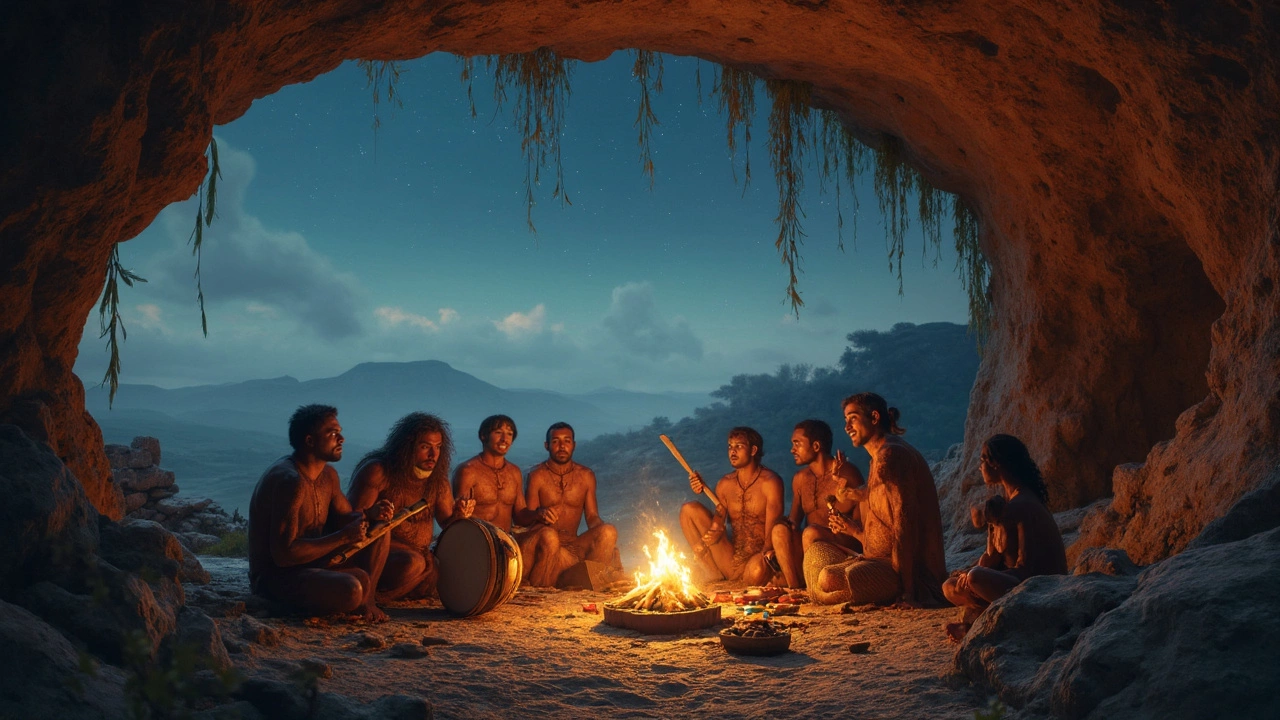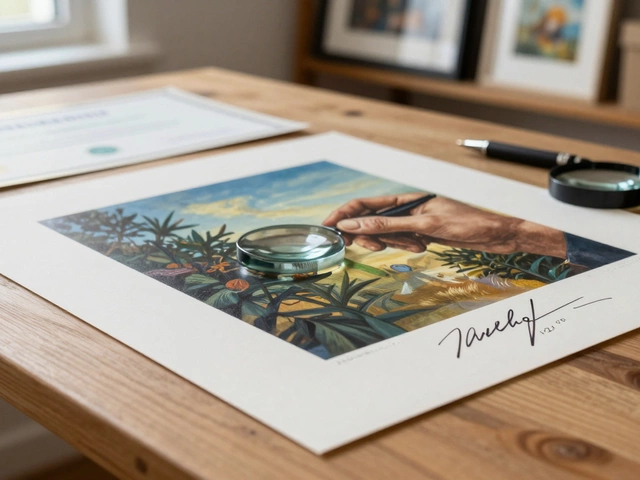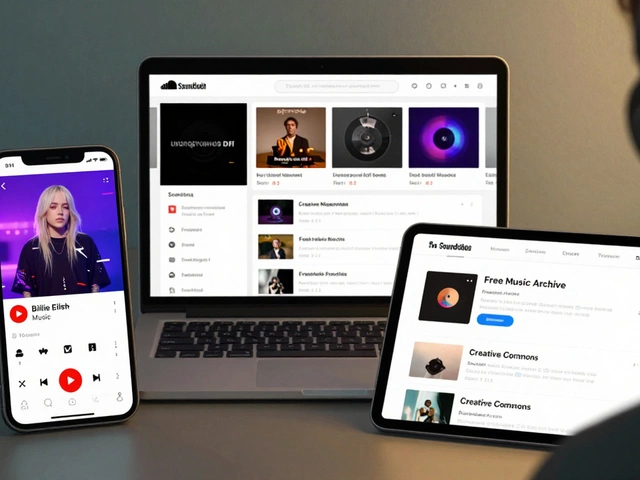Why Music Was Invented – Exploring the Roots of Sound
When exploring why music was invented, the question of how early humans first organized sound into rhythm and melody. Also known as the origins of music, it reveals a lot about music history, the timeline from prehistoric chants to modern compositions, human cognition, the brain's pattern‑recognition and emotional response to sound, and cultural expression, the way societies use music to convey identity, ritual, and story. Researchers say rhythm acted like a social glue, letting groups coordinate work, share myths, and bond emotionally. In that sense, music is a type of language that predates spoken words, providing a shared template for memory and cooperation. Understanding why music was invented also helps explain why visual art, dance, and even modern digital media often lean on the same instinctive beats and patterns.
Key Factors Behind Music’s Birth
One major factor is environmental mirroring, the instinct to echo natural sounds like rain, wind, or animal calls. Early humans likely mimicked these sounds, turning them into rhythmic chants that synchronized breathing and movement. Another driver is social bonding, the need for coordinated effort in hunting, gathering, and storytelling. By creating regular beats, groups could signal timing, share emotional states, and reinforce group cohesion. A third element is emotional regulation, the therapeutic effect of rhythm on stress and mood. Modern studies show that drumming lowers cortisol, a link that likely existed when our ancestors first thumped sticks together around fire. These three pillars—environmental mirroring, social bonding, and emotional regulation—form a semantic triple: music history encompasses environmental mirroring; music history requires social bonding; social bonding influences emotional regulation. Together they illustrate how music grew from simple pulse to complex cultural artifact, intersecting with visual art, dance, and now digital creation.
Below you’ll find a curated mix of articles that dive deeper into these ideas. From digital art monetization to the relationship between music tours and cultural trends, each piece adds a layer to the story of why music was invented. Whether you’re curious about the brain’s rhythm centers, the way music shapes modern art, or how today’s musicians keep ancient instincts alive, the collection offers practical insights and fresh perspectives to explore.

Explore the intriguing question of why music was invented, going beyond mere entertainment to understand its historical roots and profound effects on society. Discover how music served as a crucial tool for communication among early humans, playing a fundamental role in social bonding and cultural expression. Learn about its therapeutic benefits that trace back through centuries. Delve into music's role in ritual and tradition, enhancing the human experience with shared emotions and stories. Finally, uncover tips on how to utilize music's timeless power in modern life.





